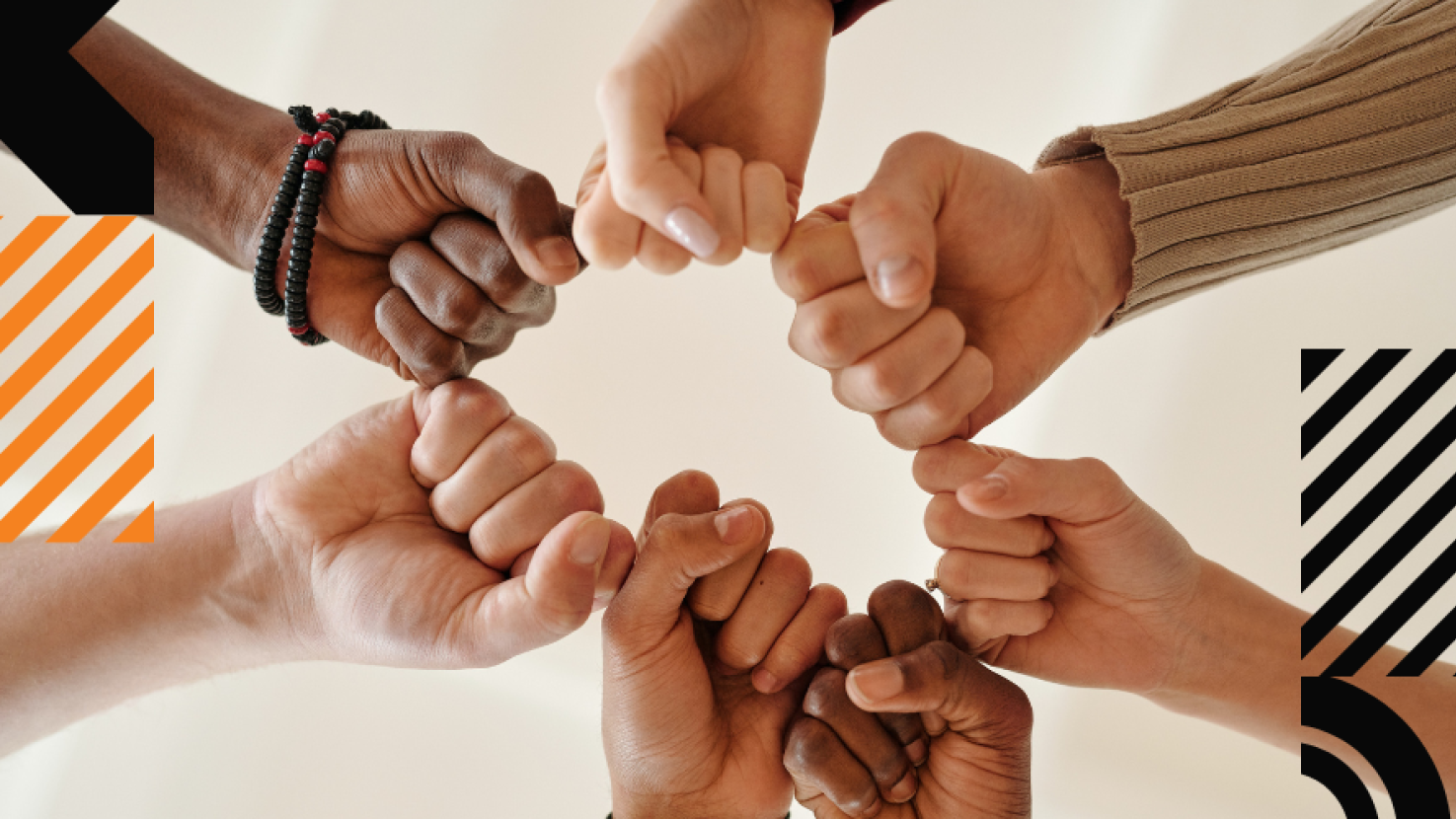
Building Universal Data Empathy


My organization, Data To The People, is all about building and nurturing data literacy across the globe. What we find when we work with different layers of an organization is that the first hurdle to data literacy is establishing the connection in people’s minds between the daily work that they do and how it contributes or detracts from the data ecosystem of their organization. That’s why I’ve found it critical for all levels of an organization to develop data empathy.
If we think about the banking world, for example, the people working at branch locations may not see themselves as having a data-related role. Yet in fact, they are the gatekeepers of information coming into the organization. They are the people who are collecting transaction details and interaction details. They are building the relationships and therefore the opportunity to capture and catalog those interactions in CRM systems.
At the heart of data empathy
The core of data literacy for us is about helping people to see how they contribute to or benefit from the data ecosystem in which they work. When we can build this kind of shared awareness across an organization, we also build the concept of what I call data empathy. When data empathy is present, everyone is aware that the depth and the breadth of the data they are contributing to the ecosystem will benefit different parts of the organization down the chain.
When we impress upon data leaders the importance of data empathy, I’ve noticed that they quickly become very effective at making sure their people are trained in the data-related processes of their day-to-day work. If there is a bank system where data empathy is present, people are trained in how to operate that bank system. If there is a call center, people are trained in how to perform those call center functions.
Once people do connect their role to how it interacts in the overall data ecosystem, I see people light up like Christmas trees. They absolutely have an aha moment. One of the most powerful exercises we conduct happens when we bring cross-sections of companies together and allow these different parties to better understand their data sources and data analytics processes. Everyone's got a story: the numbers that have been wrong, how they haven't been able to access data, why the system is three weeks delayed.
Yet when we are able to assemble this cross section of the organization, from the frontline to the management layer through to the data analysts, and then on to senior management, it's amazing how people start to see how they have contributed to someone else's pain or have been affected by someone else's contribution to the process.
Data quality is everyone’s role
I talk about data empathy because if we understand what we are putting in or taking out, and how that impacts others within the organization, we start to really make connections. The light of this understanding gets brighter over time. People realize, “Oh, this is what I'm contributing and these people are reliant on me. And if I’m reliant on them, how can I express my requirements? How can I articulate what it is I need from them? How can I contribute to greater data quality?”
This shared experience has become an incredibly powerful way of opening up group conversations within an organization among those who really don't see themselves as having anything to do with data. In actual fact, of course, every single one of us does.
The beauty of data is that we don't know what's in it. It's ours for the taking. We can pull it apart; we can find the stories. Yet if we’re not operating in a data culture that is inquisitive, where people are encouraged to be curious and really push the boundaries and test and fail, then we are not going to get to the point where our employees are able to adopt a data-driven mindset and see how data connects to their day-to-day world.
We all have a role in data that affects other people – which is why we need to build our data empathy at every opportunity.




